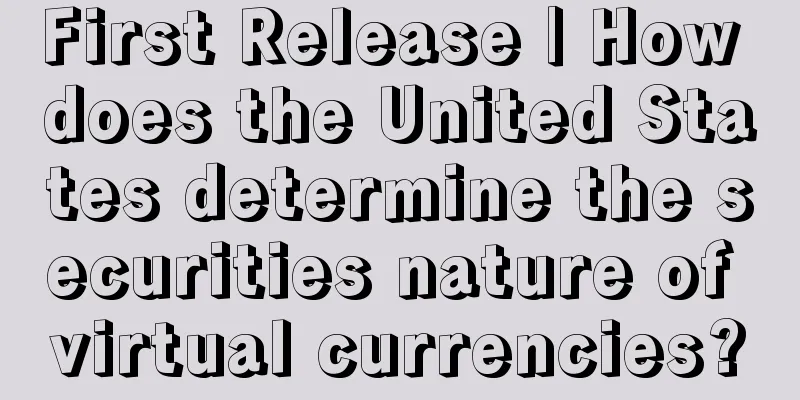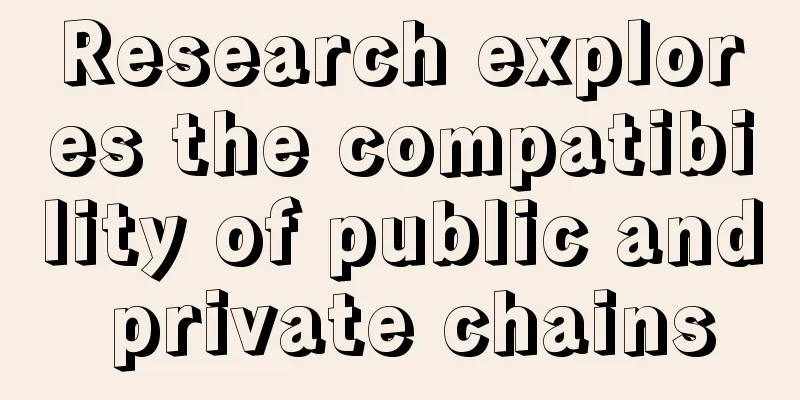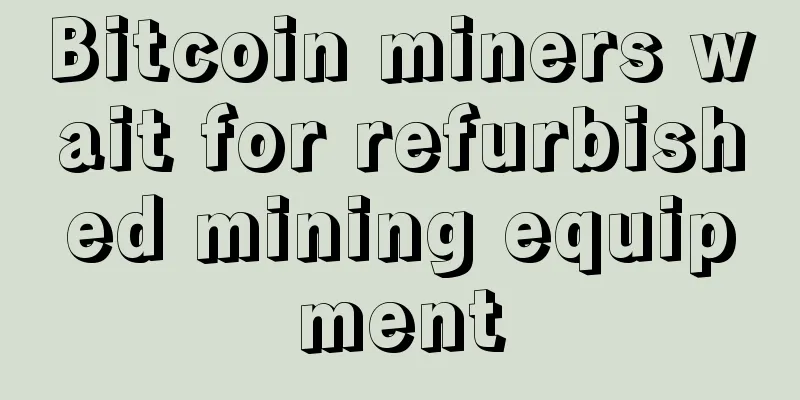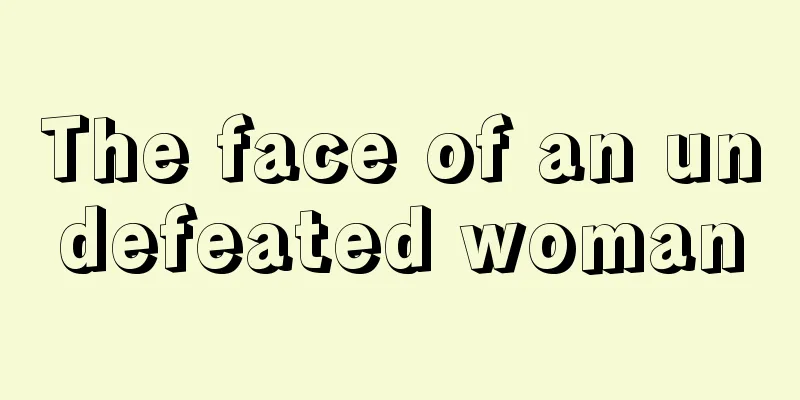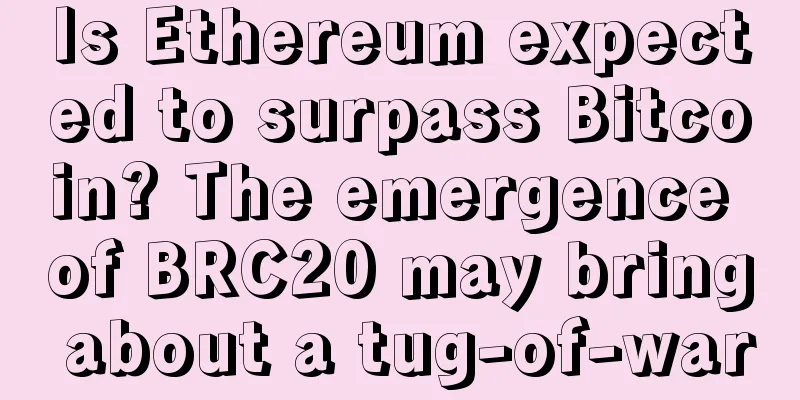Conversation with Do Kwon: Accusations, pursuits, and the faith and confession of Terra's founder

Allegations from South KoreaLaura Shin: Terra's UST and Luna may have caused investors to suffer losses of up to $60 billion. South Korea has issued a warrant for your arrest, and even Interpol has issued a warrant for your arrest. Why didn't you return to South Korea? Do Kwon: Let's get the situation clear. As far as I know, Interpol did not make a clear statement on its website. South Korea just interpreted the notice in its own way. The second point is that I no longer live in South Korea since the end of last year, so it is not accurate to say that I will return to South Korea. It should be said that I may go to South Korea for tourism. Laura Shin: Your arrest warrant and charges are based on South Korea's capital markets law. What do you think of these charges? Do Kwon: Korea's capital market law is a bit like financial regulation. The authority in Korea in this regard is called FSC Financial Services. I think from the perspective of similar committees in the United States, it is a merger of the SEC and the SEC, but it is more responsible for the design of financial regulatory systems rather than law enforcement. The South Korean government has previously stated directly that cryptocurrencies are not securities, and they have a different definition from the United States. For this reason, I think cryptocurrencies are not within their jurisdiction. So I am a little disappointed that they made this decision, which should be the work of the legislature and financial regulators should not interfere too much. Laura Shin: So you think the arrest warrant from them is not legal? Do Kwon: I haven't seen an exact copy of the arrest warrant, and all the data I have is from the media, so I think there is a lot of contradictory information. The South Korean government’s previous position has been that cryptocurrencies should not be regulated by the capital markets, as they are not securities. The government has previously shown us an attitude of encouraging the growth of our digital assets, so it is hard for me to believe that these charges are legitimate and supported by the political system. Laura Shin: I noticed that in August you said you would actively cooperate with the South Korean government, but when the arrest warrant came out, your attitude changed, so you are no longer cooperating, right? Do Kwon: No, we are still cooperating with the investigation, for example, as the Korean prosecutors have requested clarification and supporting documents of different types of events, we have been producing the exact documents, we have been cooperating with all document requests. Hiding PlaceLaura Shin: You have been claiming on Twitter that you are not running away or hiding, but all major media outlets believe that you are no longer in Singapore. So where are you? Do Kwon: I have read all the allegations about me being a fugitive, and they all think that I left Singapore because of the crash that happened in May. But this is absolutely not true. The main reason I don't want to talk to the media about my location is that when the crash happened in May, I encountered a lot of personal threats, such as people breaking into my apartment building. A few of them were journalists, and the rest were ordinary people. I felt that they posed a considerable threat to my personal safety and also violated my privacy and personal interests. I don't want to reveal where I live simply because if it became known where I live, it would be almost impossible for me to live there again. Laura Shin: Can you at least answer whether you are in Singapore? Do Kwon: No, I refuse to answer this question. I don't want a lot of speculation about where I live. If I answer this question, you know, I have meetings and some partners, which will make my location easy to guess and I can't live a normal life. Did South Korea lie?Laura Shin: South Korea claimed that they froze your $67 million in crypto assets, and you tweeted to deny this. What do you think about this incident? Do Kwon: First of all, this is definitely a fabrication, but I don't know if they have the intention to mislead people or it's just a simple mistake. But in any case, it doesn't help to clarify the truth. We see a lot of rumors, such as Do Kwon is running away, but this is absolutely not true. We paid all the remaining taxes through legal procedures and applied for a legal work visa in Singapore. What I mean is that freezing 67 million funds is just one of many lies that buried the truth, and it is the same as the misinformation in the past few months, which makes people draw the wrong conclusions. Arrogance on TwitterLaura Shin: When Terra was on the rise, you posted a lot of arrogant remarks on Twitter. Do you regret your arrogance? Do Kwon: I really enjoyed interacting with people on Twitter and was sometimes outspoken. Looking back now, I should have held myself to a higher standard. On Twitter I hide behind an anonymous cartoon character, so I'm more outspoken, but that shouldn't be a sign that people should follow my lead. I'm a bit of an introvert in real life, but with my interactions with the media and Twitter, I've become more open and transparent with my community. My posts on Twitter are mostly for entertainment value, because it's fun to joke around and share posts. I feel it's worth keeping them there to preserve this history and shed a little light on Terra's future. Daoquan's ConfessionLaura Shin: Many people have lost their life savings and committed suicide because of Terra. What do you want to say to them? Do Kwon: Whatever design flaws Terra has, it cannot be an excuse for me to respond to these things. It is my responsibility to not let people notice the cruelty of the market in advance. There is nothing wrong with users sending tokens to Terra's ecosystem, which has hundreds of thousands or even millions of users at the time, all based on the stability of UST. It is difficult for me to express in words how sad I am for the financial and emotional loss that has occurred here. Laura Shin: I want to ask a follow-up question. You said you would take full responsibility, but I didn’t seem to hear any apology like “I’m sorry”. Do Kwon: Of course, I feel sorry for these users. But I never did it on purpose, we have been using reports or things like that to respond to accusations or related things. I have always firmly believed in the stability of UST, but users may not understand the economic mechanism that led to our ultimate failure, and this is the responsibility we try to take. A lot of people have suggested this is a fraud or a Ponzi scheme or accused us of shorting UST or misappropriating user funds or something like that, and I understand their sentiment, but that is absolutely not how we think. I have been a founder in the crypto space, and I have been transparent and open for the past five years, and I am proud of the integrity of the path to this day. We tried to uphold the values of crypto through Terra, not trying to create a protocol that ultimately failed and destroyed billions of dollars of value. Laura Shin: When Terra was in collapse, what was the financial situation like for you and your family? Do Kwon: My family, like my wife, does not own any real estate, such as an apartment in Seoul. We have not moved funds from Singapore to the British Virgin Islands. We have set up the corporate structure with a holding company in Singapore. There are no clear accounting standards for how to account for cryptocurrencies, and many crypto companies set up multiple companies at the same time and nest them within each other. We have not transferred any cryptocurrency to the British Virgin Islands, I can only say that any tokens generated by Terra originated in the British Virgin Islands. Anchor’s yieldLaura Shin: Regarding Anchor's interest rate, reports from South Korea said that Anchor's interest rate was initially determined by a core developer at 3.6%, but a week before the product was launched, you changed the interest rate to 20%. Why? Do Kwon: That's not true. Those developers who claimed to be Terra core developers on the Korean show are actually just some of our interns. If you browse Github or any open source documents, you will find that we have already recorded their contributions on it, so I find it hard to imagine how they dare to claim to be core developers. As for the yield, we need to understand how Anchor came about. We plan to launch Anchor in early 2021, and at that time you can look at the yield of DeFi, which is not particularly high compared to the summer of 20, when DeFi yields could reach three or even four digits. So at that time we thought such a high yield was normal. The main value proposition of Anchor is that the yield will become less over time, and the same is true for most DeFi protocols, which have high yields at the beginning, quickly form high liquidity, and then slowly begin to stabilize. This is also our plan. Hard fork in 2019Laura Shin: Let's talk about Terra's hard fork in 2019, when a line of code changed the address of TransLink, an investor in Terra after the hard fork. Things like this should have been discussed publicly in the community, but this was not done in the Terra community. Why? Do Kwon: I remember there were public discussions. But we have to remember that when Terra was first established in 2019, there was no meaningful community like Ethereum. There were very few people at that time, so there was no particularly big discussion. I don't think there was anything wrong with the way this was handled, it was a technical issue and TransLink couldn't access their address so we helped them out while they upgraded it, it was just a minor issue. Compensation for UST holdersLaura Shin: On May 21, you tweeted that people who suffered losses due to UST can receive compensation in USDT or USDC, starting with small holders. When will this happen? Do Kwon: LFG is not in a position to dispose of its assets. Various civil lawsuits against LFG restrict our ability to dispose of assets. I am not sure how long this process will last, but I hope it will end soon. I also want to make it clear that this is not a refund. Only when people buy things from us can a real financial system be established. We become a cryptocurrency provider, people give us money, we give them stablecoins, and people may not care whether its model is correct or not, but only care whether the coins used are stable. So our decision to exchange Bitcoin for USDT or USDC is just a goodwill move, wanting to compensate people who have suffered losses a little, but it is definitely not a refund for our former UST. Thoughts after failureLaura Shin: You've experienced some extreme highs and extreme lows in your young life. Being an undergrad at Stanford was obviously seen as an achievement, but you've also become the biggest crypto star in South Korea, certainly infamous. What do you think about the South Korean government wanting to arrest you? Do Kwon: Honestly, I think it will take several years to digest. One thing I want to make clear first is that some of the digests or stuff like that that I do on Twitter are never for money, I just enjoy the jokes. One thing I hope to make clear in the next few years is that what happened to Terra was not a scam or fraud, it was just a huge market failure. At the same time, I still believe in the necessity and feasibility of decentralized algorithmic stablecoins. A lot of people think I'm an idiot for buying Bitcoin right before it's about to crash or something like that. But from the perspective of a crypto project founder, as long as people still have faith in crypto, the crypto industry will get better. I'm still willing to contribute. Laura Shin: I'm curious, if you could travel back in time now, what would you do? Do Kwon: I would definitely make a lot of changes. For example, I would know that reserve is more important, I would be less aggressive, and I would be less joking. Twitter is definitely something I would make a big change to, I would spend less time on social media which would help me get more done. My next attempt is still in the field of decentralized currency, but it may not be a stable currency, it may not be pegged to the US dollar, and it may have different types of reserves. I firmly believe that building a decentralized currency is one of the important problems that cryptocurrency must solve correctly, which is the foundation of our industry. I think in terms of the recent regulatory crackdowns, censoring exchanges and arresting developers from Tornado Cash and things like that, it shows that we need to work towards a decentralized future. Developers need to learn from what happened here and keep trying to create decentralized currencies. Our experience has not been entirely a failure, we have built interesting applications, and our history is valuable to others in being able to create decentralized currencies. I still want to contribute for sure, right now all cryptocurrencies are highly experimental, and I plan to keep building, keep working. |
<<: A crypto miner's story: Mining history in 2013
>>: One month after launch, how is the ETHW ecosystem? It is already comparable to ETC
Recommend
What do the lines on your palm mean?
Three major lines (1) Cross pattern There are two...
Zhu Que Bridge Numerology: Love Cases
Starting from the most basic fortune-telling rule...
This is what causes the price of Bitcoin to rise
The price of Bitcoin has risen 48% in the past 30...
Is it good for a man to have a red mole? Analysis of the fate of a man with a red mole
Is it good for a man to have a red mole on his bo...
Do people with buck teeth have bad luck? Is it good luck to have uneven teeth?
Everyone hopes that their fortune is good, but no...
widow's face
Is a woman's face destined to become a widow?...
How to tell fate from a woman's face
The so-called physiognomy is an academic discipli...
Three physical &#34;signs&#34; of promotion and happiness
Not only can we predict future fortunes through f...
How does a woman with a right teardrop mole look like?
In our impression, moles will have a great impact...
Which palm is destined to be rich?
Which palm is destined to be rich? Statement: The...
How is your relationship with the opposite sex through palmistry
No matter you are in adolescence or of marriageab...
Will having spots on the spouse's palace affect the relationship between the couple? No bad influence
From a person's appearance, you can tell his ...
Judging from the characteristics of palmistry, who is suitable for job hopping?
Job hopping is a very troublesome thing, but when...
What is the fate of being born in 1961?
What is the zodiac sign for those born in 1961? D...
What is Junwen and what does it mean?
No one has the same fingerprints as another perso...
